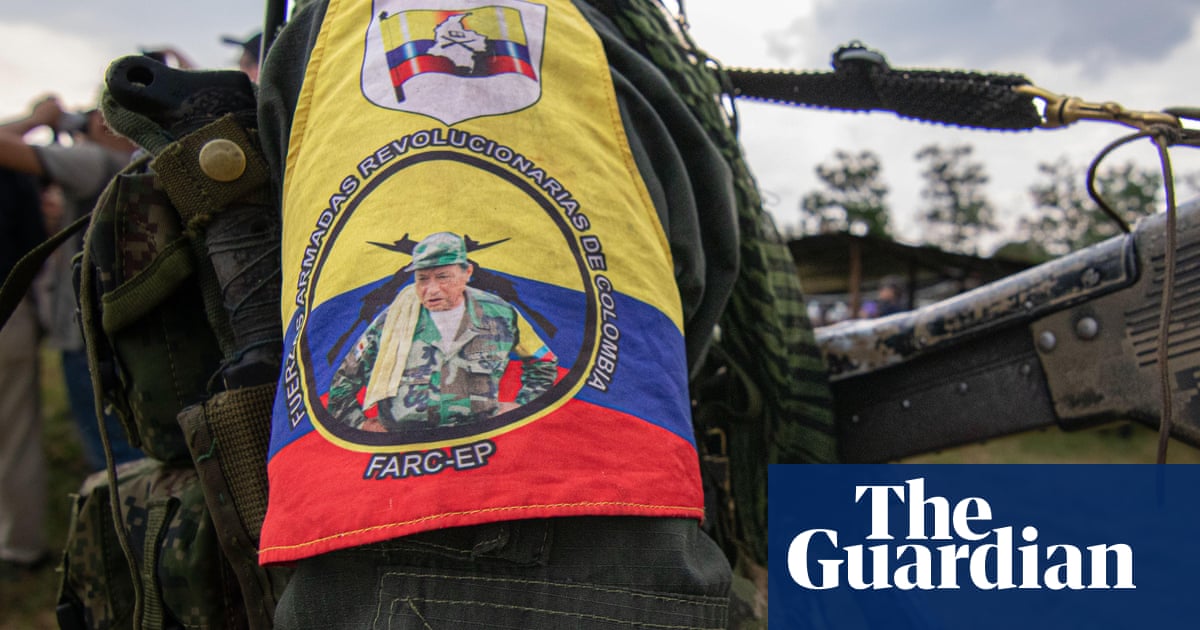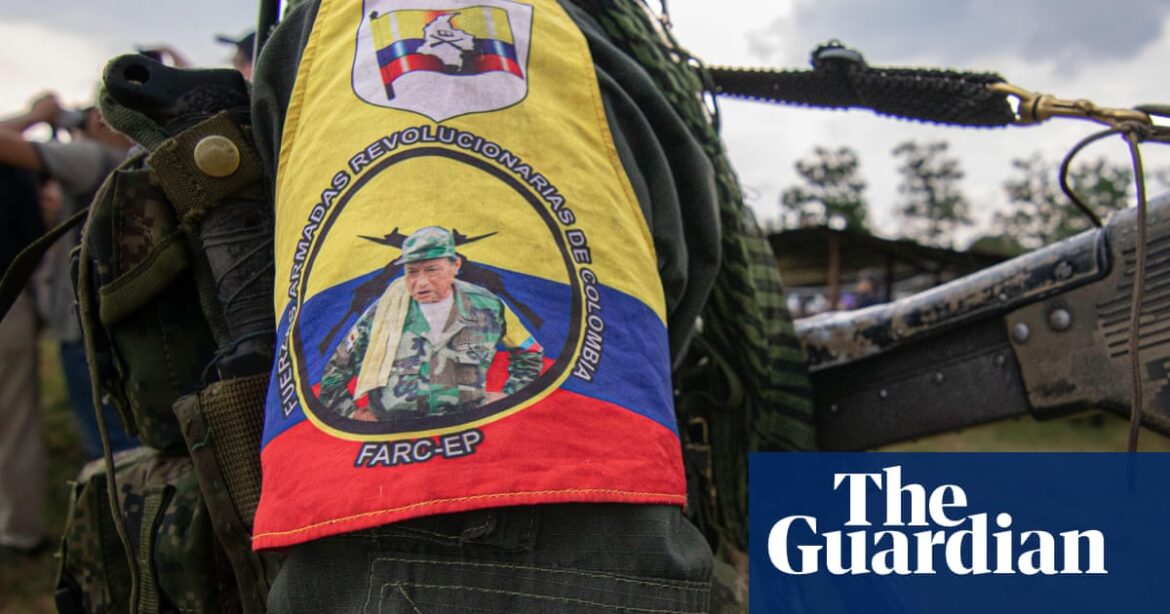
A dissident rebel group has backed down from its threat to disrupt the UN biodiversity summit in Colombia later this year.
The Central General Staff (EMC), a guerrilla faction that rejected the country’s 2016 peace agreement, said on Wednesday it would order its militants not to target the Cop16 negotiations that are due to begin in Cali in October.
Earlier in July, the EMC released statements online saying the summit “would fail”, prompting concerns that rebels would attack the conference.
The group’s leader, Nestor Gregorio, better known by the nom de guerre Iván Mordisco, said in a video message on X: “We’ve decided, as a gesture of our will for peace, to order our units not to affect the normal development of the Cop16 that will be held soon in the city of Cali.”
On 16 July, the Colombian defence ministry ended a ceasefire with parts of the EMC led by Mordisco, because of rising violence. A series of bombings and shootings in and around Cali have been blamed on the group.
. About 12,000 soldiers and police are expected to be deployed a month before the summit to ensure the safety of delegates and ministers from around the world.
The Colombian government did not comment on the EMC’s announcement. In response to the initial threat of disruption, authorities had issued a statement reassuring prospective attendees. “The safety and wellbeing of all participants, attendees and collaborators are our top priority. All security guarantees are in places to have a successful and smooth conference. We convey to all participants, delegates, media and stakeholders a message of reassurance,” the statement read.
The Colombian government announced late last year that it would host the Cop16 summit, after Turkey dropped out, citing the earthquakes that had devastated parts of the country. Under Gustavo Petro’s presidency, Colombia has positioned itself as an international leader on environmental issues, becoming the first major oil, gas and coal producer to join an alliance calling for a fossil fuel nonproliferation treaty at Cop28 last year.
Petro’s government has had success in reducing deforestation, but its progress has been hampered this year by El Niño and tensions with the EMC, which controls large areas of rainforest.
At the last UN biodiversity summit, Cop15 in Montreal in 2022, governments agreed a once-in-a-decade deal to halt the destruction of Earth’s ecosystems.
-
Find more age of extinction coverage here, and follow the biodiversity reporters Phoebe Weston and Patrick Greenfield on X for all the latest news and features.
Source: theguardian.com



